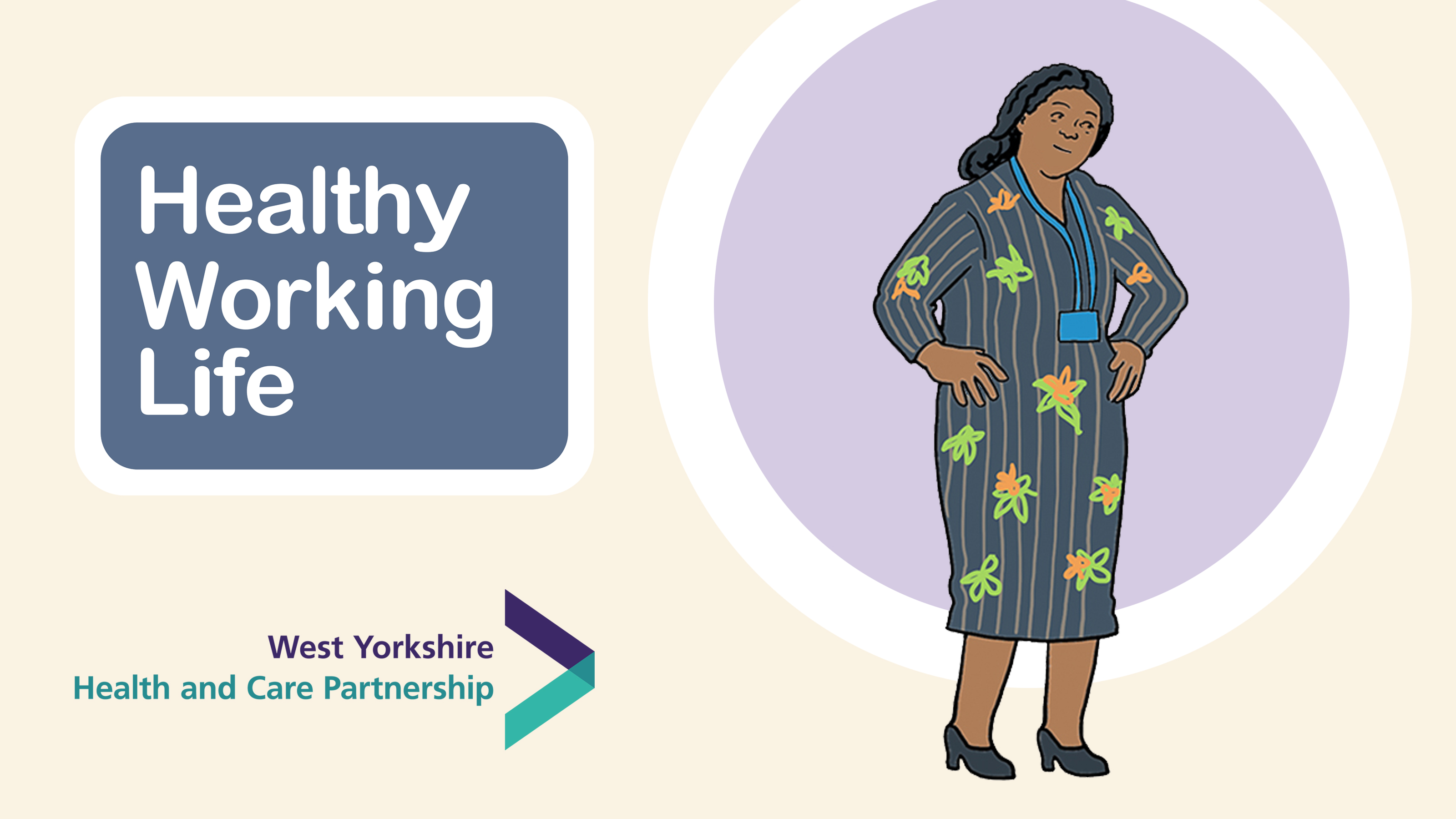Posted on: 5 August 2025
 Healthcare professionals across West Yorkshire have taken part in a training event designed to boost understanding and implementation of vocational rehabilitation (VR) for patients recovering from stroke, cardiac, and pulmonary conditions.
Healthcare professionals across West Yorkshire have taken part in a training event designed to boost understanding and implementation of vocational rehabilitation (VR) for patients recovering from stroke, cardiac, and pulmonary conditions.
Delivered as part of the Healthy Working Life programme - led by the West Yorkshire Combined Authority and NHS West Yorkshire Integrated Care Board - the training sessions brought together participants from hospital trusts, local authorities, the voluntary sector and beyond.
With a focus on the crucial link between health and employment, the training aimed to help clinicians better support patients in returning to, remaining in, or preparing for work or education. Key topics included the legal responsibilities under the Equality Act 2010, making reasonable adjustments in the workplace and building the confidence to initiate return-to-work conversations.
Attendees explored real-world examples and received practical tools such as scripts, case studies, and visual aids to help guide their practice.
In total, 146 professionals attended the sessions and feedback was overwhelmingly positive. 92% said the training met or exceeded their learning objectives, while 82% rated the session as “very good” or “excellent.” Participants highlighted the value of learning that patients do not need to be fully recovered to return to work, with many noting increased confidence in advocating for their patients and signposting them to services like Access to Work and ACAS. They also appreciated clarification around what vocational rehabilitation entails -  recognising that many were already informally supporting patients in this area.
recognising that many were already informally supporting patients in this area.
Reflecting on the impact, Cathi Ridding, Clinical Specialist Occupational Therapist who is leading the training, said: “It’s been fantastic to see how well the training has been received across West Yorkshire. There’s clearly a real appetite for practical, empowering approaches to supporting people back into meaningful work after illness. We’re seeing increased confidence among staff, better understanding of legislation and more joined-up thinking across sectors. Our next steps are to build on this momentum with more case-based learning, condition-specific resources and stronger connections to local services and employer networks.”
While the training was particularly helpful for those new to vocational rehab, even experienced staff appreciated the refreshed perspectives and updated tools. Suggestions for future development included tailored modules for specific conditions, resources addressing employer resistance and more support around financial and social barriers to returning to work. Clinicians also called for clearer service mapping and vocational rehab-specific roles to reduce pressure on frontline staff.
This programme builds on the learning from earlier rehabilitation work across the region, including successful initiatives around long covid and stroke. See our case studies on our Healthy Working Life pages for more information.
Cathi added: “With health and employment so deeply connected, this training marks a vital step in embedding vocational rehabilitation into everyday clinical conversations - ensuring patients are supported not only in recovery but in reclaiming their roles, identities and livelihoods.”

